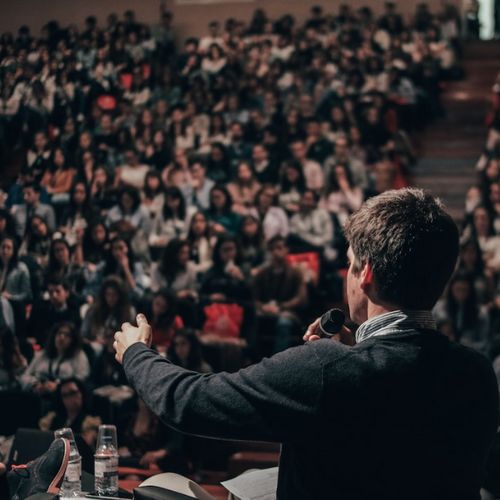Freedom of Speech vs. Freedom of Reach
Nov 29, 2022 · 2 mins read
0
Share
Mass communication has changed dramatically over the past several decades. Particularly now that nearly 60% of the world's population is on social media, many Americans wonder when online, what type of speech does the First Amendment protect? What exactly is "freedom of speech"?
Save
Share
The wording of the First Amendment states that Congress cannot make laws restricting the freedom of speech. This also applies to state and local governments. Therefore any law prohibiting anyone from saying something is unconstitutional.
Save
Share
Where this has gotten confusing is when it comes to free speech online. Though Congress has made no laws about what may not be said online, many social media platforms have done precisely that. Twitter, Facebook, Instagram - all major platforms have rules limiting speech.
Save
Share
How is this not a violation? Because First Amendment restrictions to not apply to private companies such as social media corporations. There are only 3 exceptions to this:
Save
Share
1) The Exclusive Public Function Doctrine: This is when a private party has been given control over a public entity or performs duties that had been exclusively done by the state. There have been failed attempts to prove social media or new sites fall into this exception.
Save
Share
2) Entanglement Exception: This is when the state has significantly entangled itself with a private action. It's when the "power, property, and prestige" of the government is overtly used by state officials to assist private business.
Save
Share
3) Entwinement Exception: This is when a private party's action can be treated as if it were done by the government itself.
Save
Share
Another area where free speech gets tricky with social media is when it comes to the Public Forum Doctrine. This states that people have a constitutional right to free speech in any designated public place such as a sidewalk, park or government property.
Save
Share
But just because social media is free does not make it an official public place. People characterize sites as "digital public squares", but they're not. Each social media site is a community assembled by a private company for profit, exempting them from First Amendment rules.
Save
Share
Bottom Line: As long as social media companies remain privately operated companies, people will have freedom of speech, but not necessarily freedom of reach. The First Amendment only applies to that which the government controls, so limiting speech on most platforms is allowed.
Save
Share
0
